As the world prepares to welcome tourism post-COVID, more travelers have expressed a desire for authentic experiences that leave a light footprint. And beyond “doing no harm”, many also want to give back to the destinations and local communities they visit.
This is the essence of the regenerative travel movement: The principle of leaving a place in a better state than when you arrived.
Sustainable Cruising and Regenerative Travel
The cruise industry is stepping up to do just that with its focus on measurable sustainability goals. When most of us think of sustainable cruising, we envision ships equipped with the latest green technology, reduced carbon emissions, and onboard practices that include the ban of single-use plastics. As these measures and many more continue to be implemented, other initiatives are taking sustainability to the next level: regenerative travel.
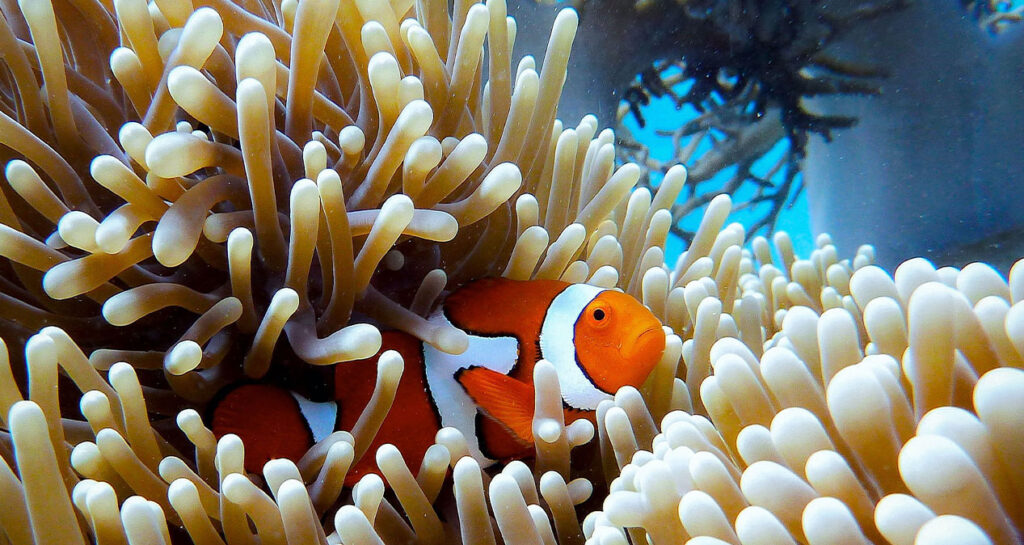
Many cruise lines are committed to not just preserving the environment, but reversing the damage done to it. They want to ensure that the world’s most beautiful and treasured destinations not only survive but thrive. They are accomplishing this by:
- Protecting natural environments, wildlife and natural resources when developing and managing tourism activities
- Providing authentic tourist experiences that celebrate and conserve heritage and culture
- Creating community partnerships to provide socio-economic benefits
In short, these cruise lines aim to be good stewards of the planet and support local communities to create a positive impact for future generations.
Here are just a few examples of how cruise lines are helping the planet and people:
CELEBRITY CRUISES – Giving Back in the Galapagos

In the Galapagos, Celebrity has constructed greenhouses and provided support for local farmers’ associations through an organic agriculture initiative, which resulted in the creation of the hybrid “Galápagos tomato.” Celebrity also led the effort to create a fishing co-op that allows local fishermen to have a safe, clean processing plant in which to prepare, store, and more efficiently sell their fish.Now, hundreds of kilos of their organic, locally sourced produce and “daily catch” of fresh fish are purchased and served to guests, financially supporting the community.
COSTA CRUISES – Creating Sustainable Food Gardens in Africa

CRYSTAL CRUISES – “You Care. We Care” Voluntours
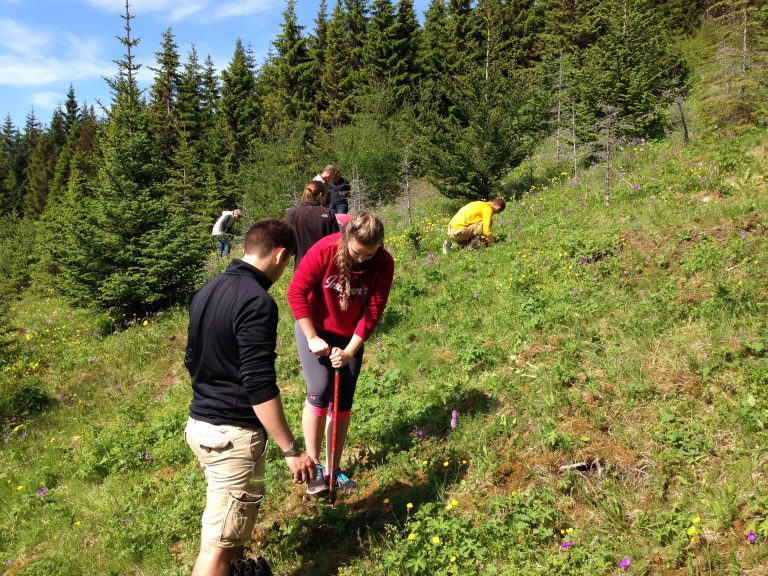
Crystal’s “You Care. We Care” voluntourism program gives guests and crew an opportunity to get directly involved in worthwhile causes in the destinations they visit. Crystal sets up all the arrangements, including transportation, and offers these opportunities for free. The program helps travelers give back, while also bolstering cross-cultural understanding and local economies. Whatever speaks to guests’ interests – whether it’s environmental and wildlife conservation or interacting with children and elderly – Crystal offers opportunities to contribute. Crystal also provides financial and other needed resources annually to many of the charities visited during “You Care. We Care.” adventures further benefiting the programs and the people they serve.
HURTIGRUTEN – Helping Coastal Communities Thrive
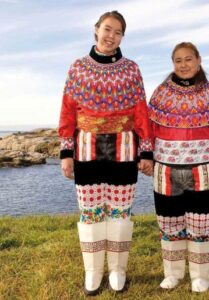
LINDBLAD EXPEDITIONS – Whale Monitoring & Rescue
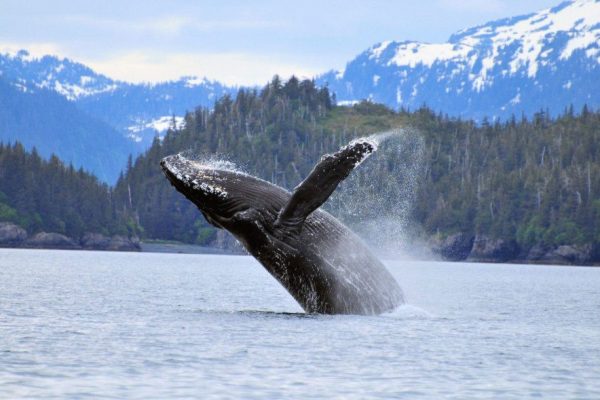
MSC CRUISES – Supporting Local Communities in Mozambique
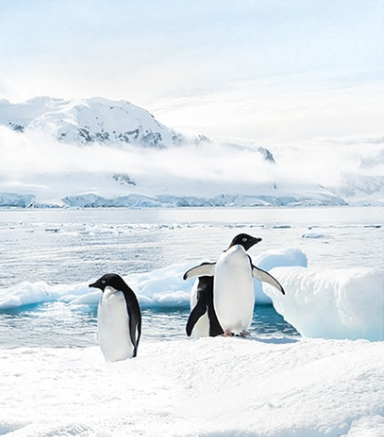
The conservation of the polar regions is imperative: the Poles keep the planet balanced by regulating the Earth’s climate and slowing the rapid warming of the oceans. PONANT works alongside NGOs and consultative bodies to ensure the conservation of the poles and supports projects that studies the effects of climate change. In addition, PONANT offers its ships to the scientific community, in the belief that in-depth knowledge of the polar regions will accelerate conservation actions and raise awareness with the general public.
ROYAL CARIBBEAN INTERNATIONAL – Exploring the World Sustainably
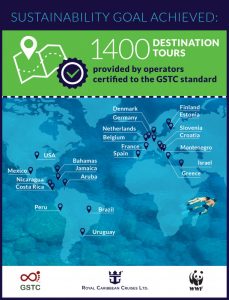
Keeping up With Sustainable Cruising
For more news about cruise lines at the forefront of sustainability, please visit Landry & Kling’s new website, SustainableShips.com, catch up on our “Future of Cruising” Livecast interview series, and subscribe for sustainable ship updates.



